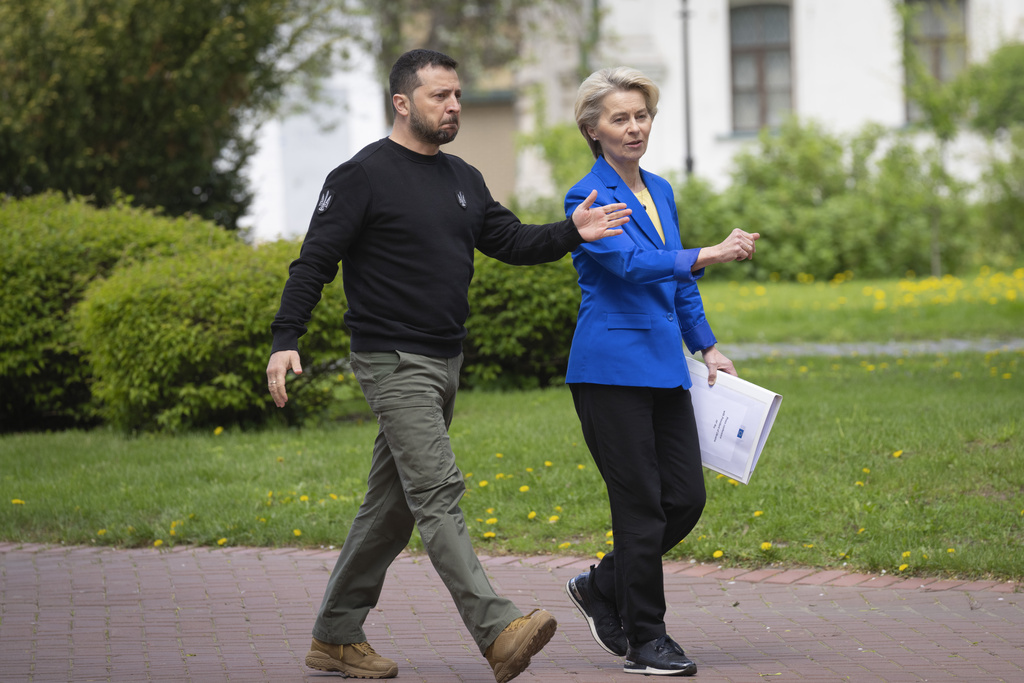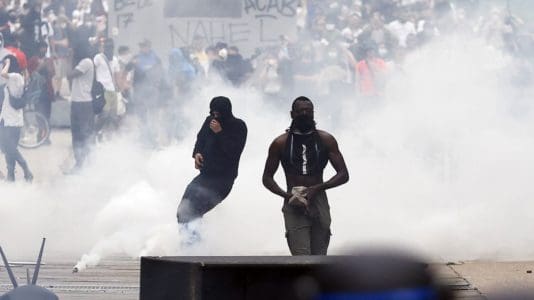An overwhelming majority of Hungarians do not agree with EU plans to provide further financial support for Ukraine via the European Union budget, new polling has shown.
A survey, published by the Nézőpont Institute on Friday, revealed that 77 percent of respondents do not believe the European Union should be providing further financial assistance using additional taxpayers’ cash, while 64 percent are even opposed to the European Commission handing over funds even if member states aren’t asked to cough up more.
The EU executive is seeking to convince member states to part with an additional €50 billion via additional contributions to the EU budget in order to further support Kyiv financially. The funding package includes a financial plan through to 2027 consisting of grants, loans, and financial guarantees from Brussels to continue funding Ukraine’s war-time expenditure and to support reconstruction projects.
[pp id=78204]
The European Union has already parted with over €77 billion in aid to Kyiv since the beginning of the Russian invasion in February last year.
Supporters of Prime Minister Viktor Orbán’s Fidesz party are opposed to the plans, while left-wing voters in Hungary are split on the issue.
Just over half (52 percent) the supporters of left-wing parties agree with the Commission’s plans to offer greater funding to Ukraine. However, more than a third (36 percent) oppose the proposal.
[pp id=83164]
Furthermore, 50 percent of left-leaning respondents state they would be opposed to plans for further aid to Ukraine should this result in a decrease in funding for Hungary.
Despite the skepticism regarding the further payment of funds to Kyiv, the majority of Hungarians remain supportive of their eastern neighbor, and 88 percent of respondents are in favor of an immediate cease-fire, a move Prime Minister Viktor Orbán has been calling for since the outbreak of war.





